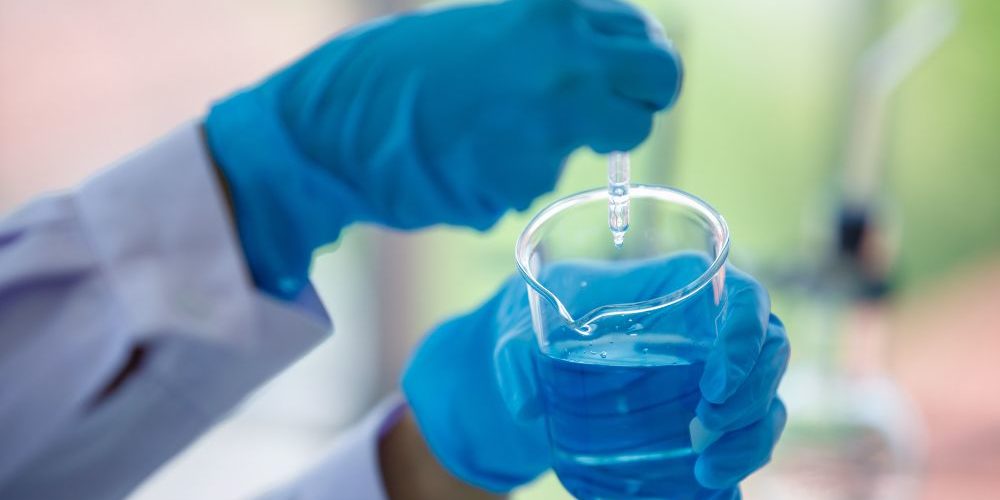Chemistry is one of the big three fields in natural science, along with biology and physics. Unlike biologists, who study living creatures, chemists are more concerned with the building blocks of life and the cosmos, aka matter. But even within chemistry, there are different branches. Discover the difference between organic and inorganic chemistry.
What Is Chemistry?
As mentioned above, chemistry is all about matter. Chemists are interested in the chemical compounds that make up skin, bone, metals, minerals, bark, and everything else in the world. However, that’s a pretty big field of study, so it makes sense that most chemists focus on just part of the field. Chemistry has five main subdisciplines:
- Organic: carbon-based compounds
- Inorganic: non-carbon compounds
- Analytical: identifying and quantifying types of chemicals present in matter
- Physical: how the laws of physics apply to chemical compounds and phenomena
- Biochemistry: the chemistry of living organisms
Organic Chemistry
You can think of organic chemistry as the study of living things, though that title probably better describes biochemistry. Where biochemistry is concerned with the chemical systems inside living organisms, organic chemistry touches on everything related to life. A biochemist might study sugarcane plants, while an organic chemist studies the sugar compounds those plants produce.
Inorganic Chemistry
Inorganic chemistry studies things that aren’t related to living organisms. An inorganic chemist might study metals, minerals, and other elements that aren’t part of or produced by organisms. Usually, this means organic chem involves carbon and inorganic doesn’t, but that’s not always the case. For instance, carbon monoxide falls under inorganic chemistry because it doesn’t include a carbon-hydrogen bond.
Exceptions to the Rules
While the presence of carbon and carbon-hydrogen bonds usually determines the difference between organic and inorganic chemistry, sometimes it doesn’t. Organic chemists might study synthetic compounds that have nothing to do with living organisms if they contain carbon polymers.
Need a Chemist?
Capital Resin is an experienced toll manufacturer that specializes in developing and producing phenolic resins and other chemicals. We’d love to help you with your next big project, whether you need research and development, manufacturing, or storage and shipping assistance.







